Malta, a small island nation in the Mediterranean, is currently grappling with a significant plastic waste challenge. Despite numerous recycling initiatives, the country still falls behind other European nations in terms of recycling rates, particularly for plastic packaging. This article delves into the realities of plastic recycling in Malta and raises questions about the effectiveness of recycling as a solution to the plastic crisis, while highlighting a practical alternative: reducing the use of single-use plastic.
Malta’s Plastic Predicament
Malta is the third largest consumer of single-use plastic per capita worldwide according to a Global Bottled water Industry: A Review of Impacts & Trends. This high consumption rate, coupled with low recycling rates, has led to a significant plastic waste problem. In 2022, only 10% of all plastic packaging in Malta was recycled, compared to the European average of 38%.
These figures illustrate a pressing issue: despite the increasing awareness and numerous initiatives aimed at promoting recycling, Malta still struggles to achieve satisfactory results in plastic waste management. The problem is further exacerbated by the wide prevalence of single-use plastic items, such as water bottles, which are among the most commonly used and discarded items in the country.
The Recycling Myth
Recycling has long been promoted as the primary solution to the plastic waste problem. However, recent data and observations suggest that recycling alone may not be enough to tackle the issue effectively.
Recently Inger Andersson the UN Environment Chief warned us that "humanity cannot just recycle its way out of the mess, and she called for a total rethink about the way we use plastics."
In Malta, a major hurdle in the recycling process is the lack of adequate infrastructure and facilities to handle the volume of plastic waste generated. Furthermore, recycling processes are often costly and inefficient, and the end product is not always of high quality. In fact, new plastic made from new oil is cheaper than new plastic made from recycled plastic.
Important to note is that all recycling methods involve CO2 emission generations - avoiding the use of plastic significantly reduces the generation of CO2 emissions.
Another critical issue is that a significant portion of plastic waste is not suitable for recycling. For instance, bioplastics, which are often touted as an eco-friendly alternative to traditional plastics, cannot be processed in conventional recycling facilities. Even when they are compostable in industrial settings, such facilities are not yet available in Malta. As a result, bioplastics often end up contaminating recycled waste, causing more harm than good.
The latest marketing tactic from bottled water companies is to try and persuade the consumer that using a bottle made of recycled plastic is solving the problem. Of course this is a myth, just like recycling plastics in general to solve the crisis of single use plastic.
Firstly, what happens to a bottle made of recycled plastic? If it is recycled it will become a lower grade product made in plastic, that will not be recycled later but landfilled or incinerated. So its the same result, just later. It's putting off the inevitable.
Secondly, the dangers of chemicals leaching from plastic bottles is being researched more often, and in particular with bottles made of recycled plastic the evidence is beginning to mount that there are more concerns than with plastic bottles made of virgin plastic.
The Recycling Reality
Despite the challenges, recycling remains an integral part of waste management strategies. However, to increase recycling rates and make the process more effective, significant changes need to be made.
For one, the general public and Malta's commercial sector need to play a critical role in driving a significant cultural shift in waste management. This involves not just sorting and disposing of waste responsibly, but also reducing the generation of waste in the first place.
Mandatory waste separation certainly helps this, but what really counts is effective monitoring which is still lagging behind.
Furthermore, the government and relevant stakeholders need to invest in improving recycling infrastructure and promoting innovative solutions. This includes developing facilities to process different types of waste, including bioplastics, and implementing systems that make recycling more convenient and cost-effective.
With the launch of BCRS the infrastructure has been improved, and still the unpopularity of the system shows how much of a cultural hurdle we have to cross to reduce the use of single use plastics. But the question to really think about, and to which Inger Andersson was eluding is does the promotion of the BCRS scheme and the recycling targets really help the environmental issue at hand. Yes recycling rates increase, we hit our EU targets - but if all that recycled plastic all ends up eventually in landfill or incineration as non-recyclable then what's the point?
Is the real point that with BCRS we feel better about recycling, and so we continue to use single use plastics "guilt-free" the oil companies continue to pump their oil and we continue to generate more CO2 emissions than our planet can handle.
Avoiding the use of single use plastic is the better option. Much better. Why not just make a start with avoiding the use of plastic bottles for drinking water?
The Significance of Reduction
While recycling is crucial, it should not overshadow the importance of reducing plastic use. Reducing the use of single-use plastic is considered the most effective way to mitigate the plastic waste issue. By doing so, the need for recycling is minimized, and the problems associated with it are consequently reduced.
Reduction strategies can take various forms, from implementing regulations that limit the production and use of single-use plastic items, to promoting alternatives and encouraging sustainable consumption habits among individuals and businesses.
The Role of TAPP Water Filters
One practical solution to reducing the use of single-use plastic in Malta is the use of TAPP Water filters. These filters, which can be easily attached to kitchen mixers, offer an easy and affordable solution to the problem of single-use plastic water bottles.
By filtering over 100 contaminants from tap water, TAPP Water filters provide clean and tasty drinking water for the entire household for just 69 euros a year. With a government grant now offering a 40% discount, and a guarantee that households will appreciate the taste, TAPP Water presents a compelling offer for households to make the change.
Moreover, beyond the environmental benefits, households using TAPP Water filters can also save up to 300 euros a year. Given these benefits, it's clear that such alternatives to single-use plastic items can play a significant role in addressing the plastic waste problem.
The Need for Policy Changes
There is also a need for policy changes to further discourage the use of single-use plastic. For instance, supermarkets in Malta currently give away free water, which encourages the use of plastic bottles among consumers. Banning such practices could significantly reduce plastic waste and encourage consumers to switch to more sustainable alternatives.
Moreover, the European Union has suggested implementing a "pay-as-you-throw" system, which charges businesses and households based on the amount of waste they generate. While this idea may be politically contentious, it could significantly reduce waste generation and promote sustainable practices.
Conclusion
The plastic crisis in Malta is a complex issue that cannot be solved by recycling alone. It requires a multi-faceted approach that includes improving recycling infrastructure and processes, promoting reduction strategies, and encouraging the adoption of sustainable alternatives like the TAPP Water filters.
Only by taking these measures seriously can we hope to address the plastic crisis effectively. The ultimate environmental price will be paid not just by us, but also by future generations, if we fail to act responsibly today.
"Avoidance of single-use plastic is the first step towards a sustainable future."

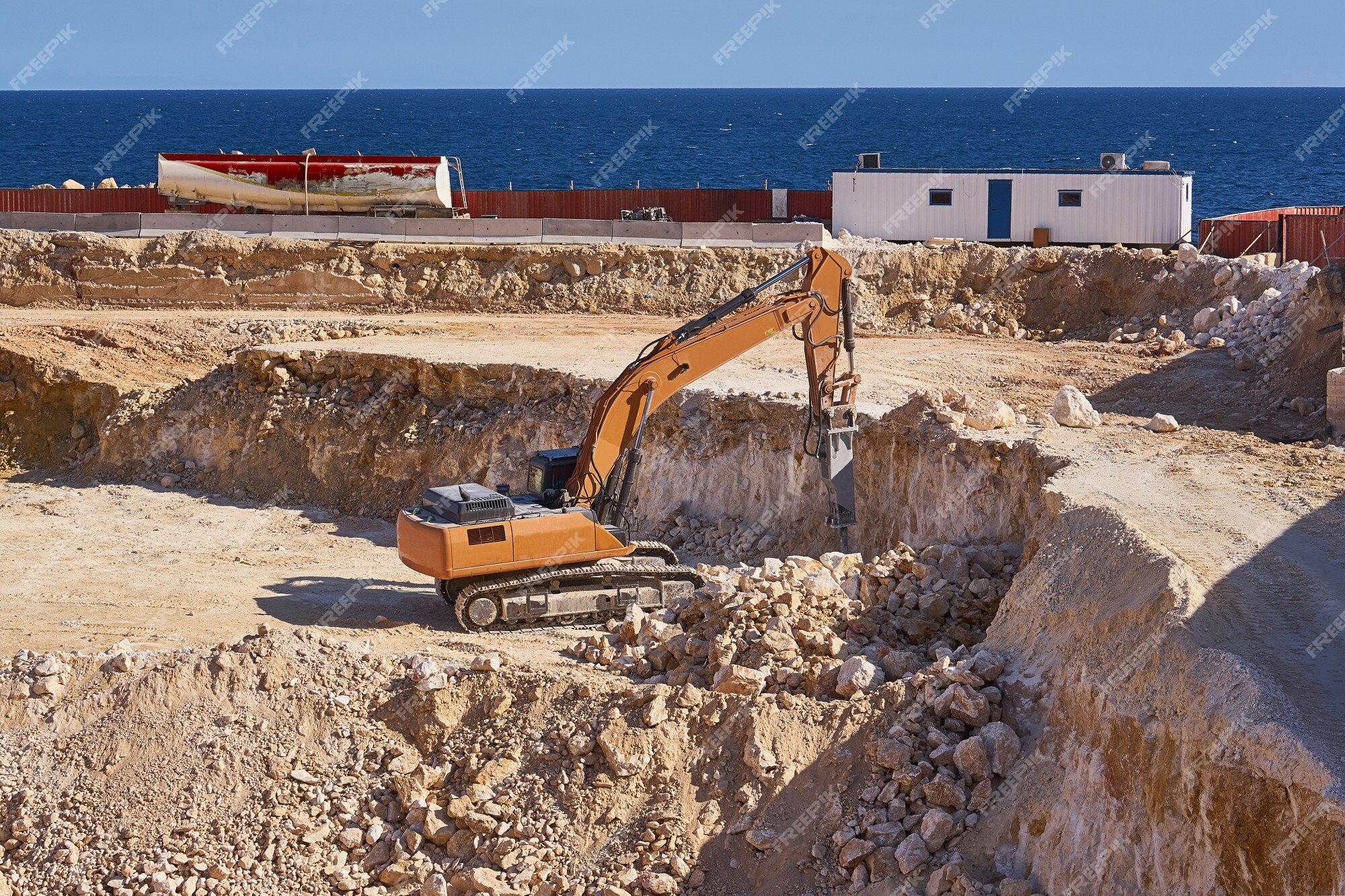


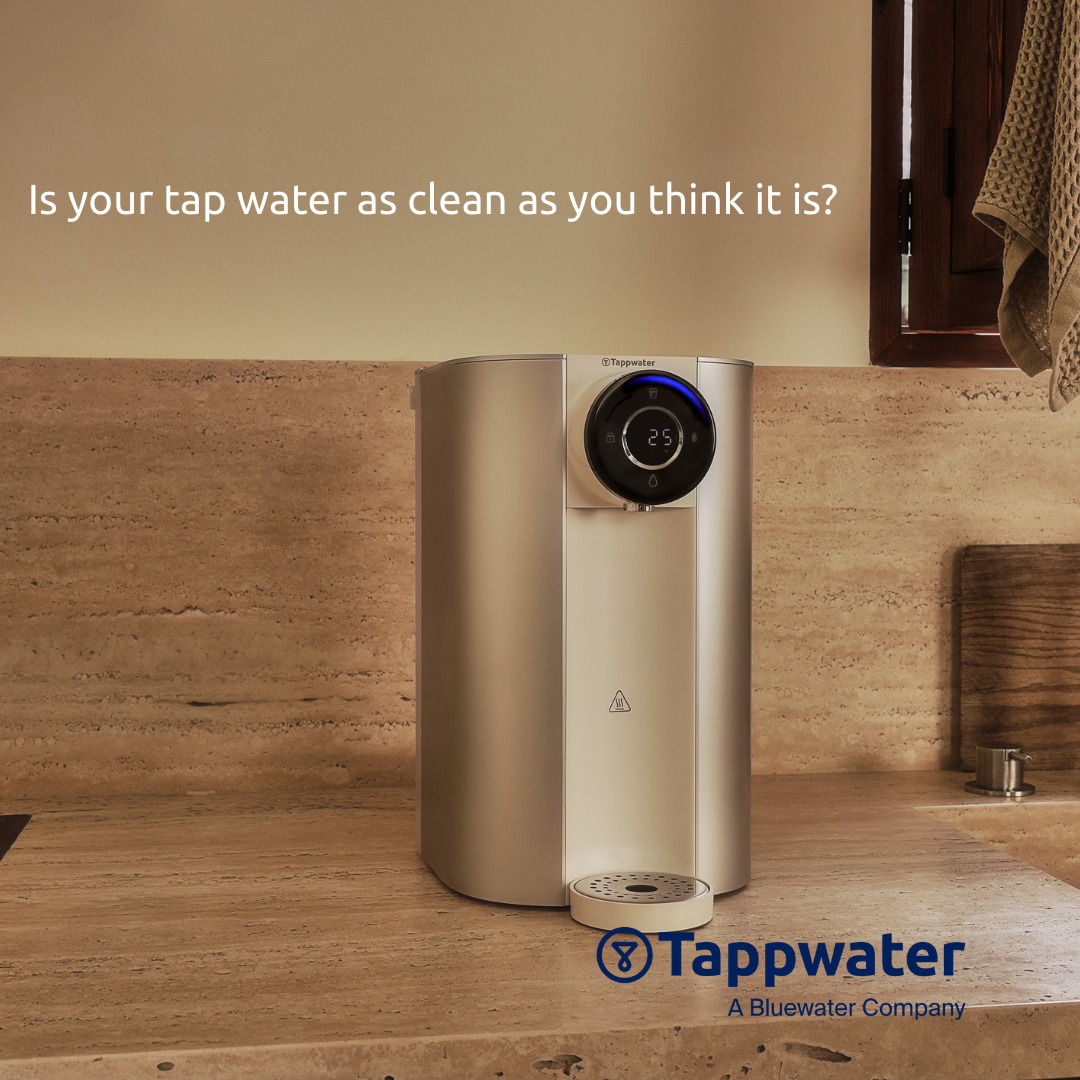

![[WATCH] Malta's Tap Water Challenge: The Tappwater Solution. A Look at the Science, the Tests, and the Deliciously Clean Results.](http://tappwater.mt/cdn/shop/articles/Why_We_lab_tested_maltas_water_Sqaure.png?v=1756738451&width=1080)
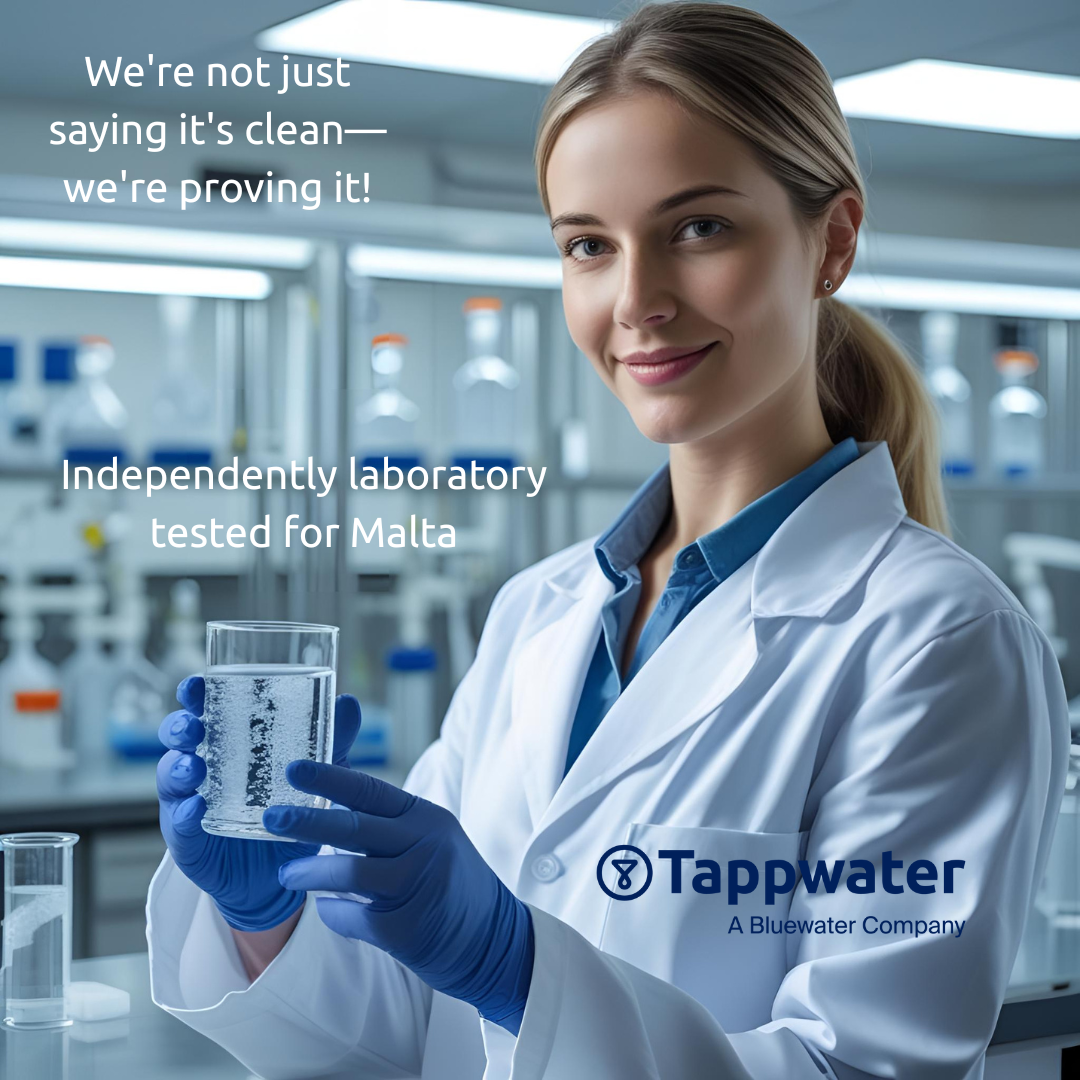
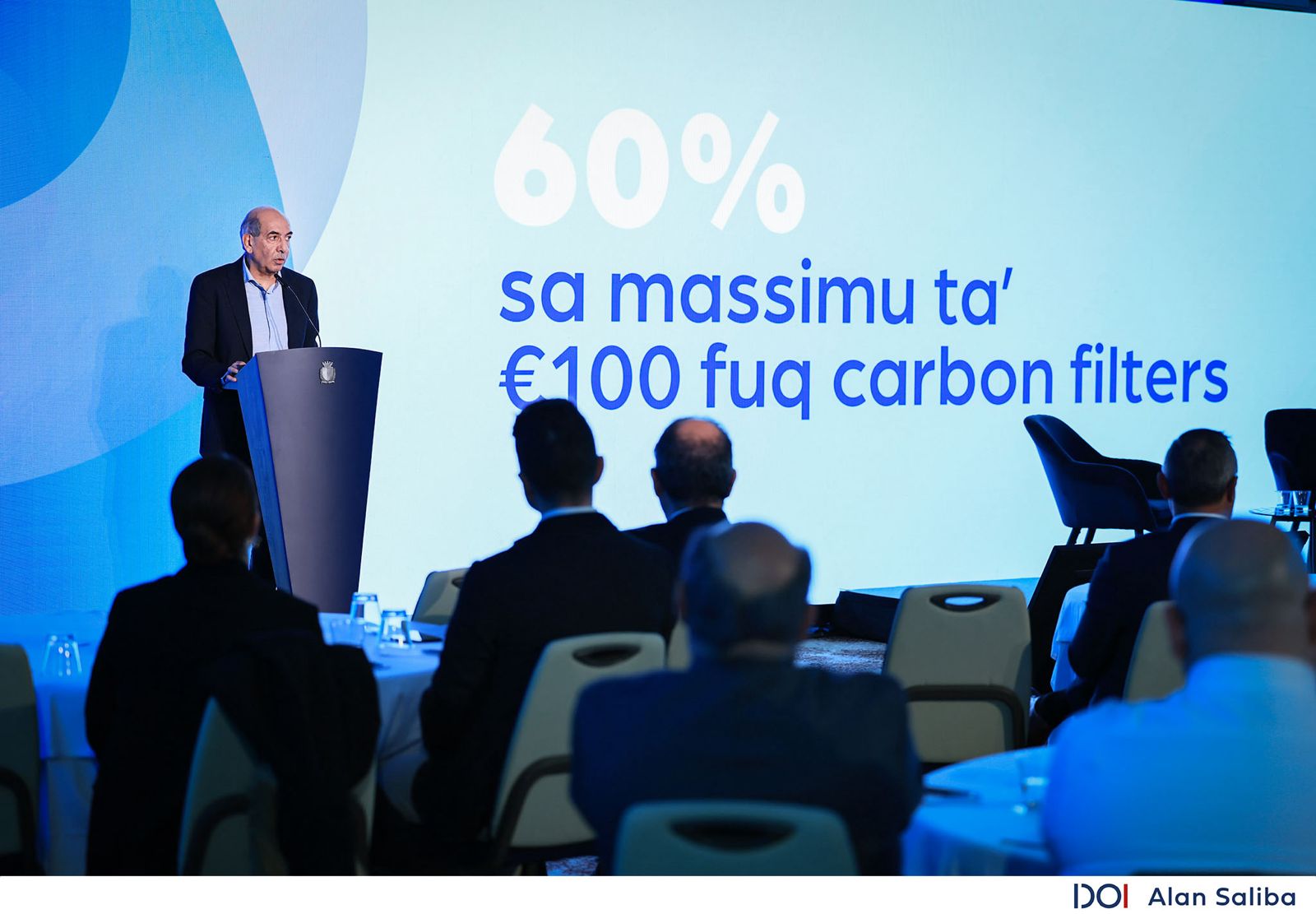
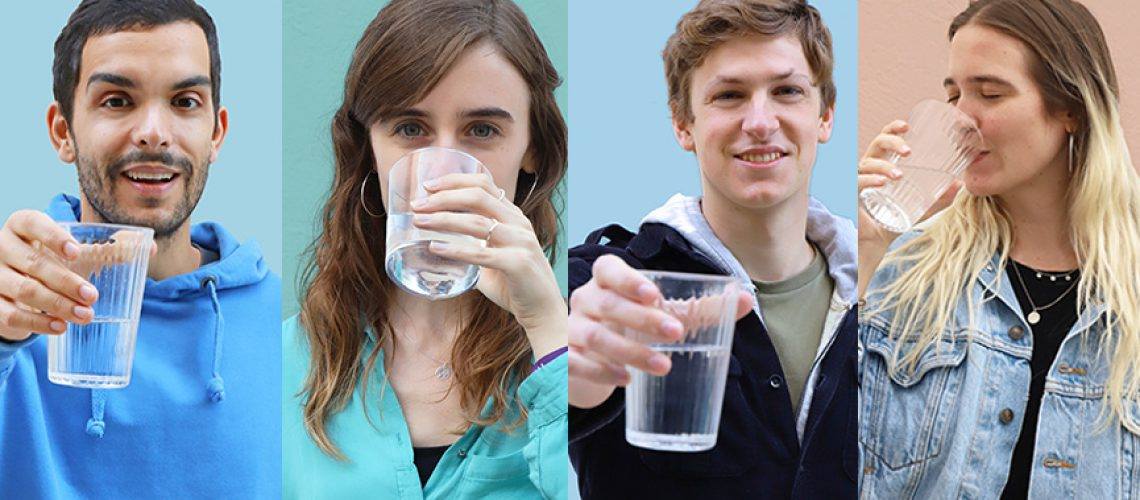
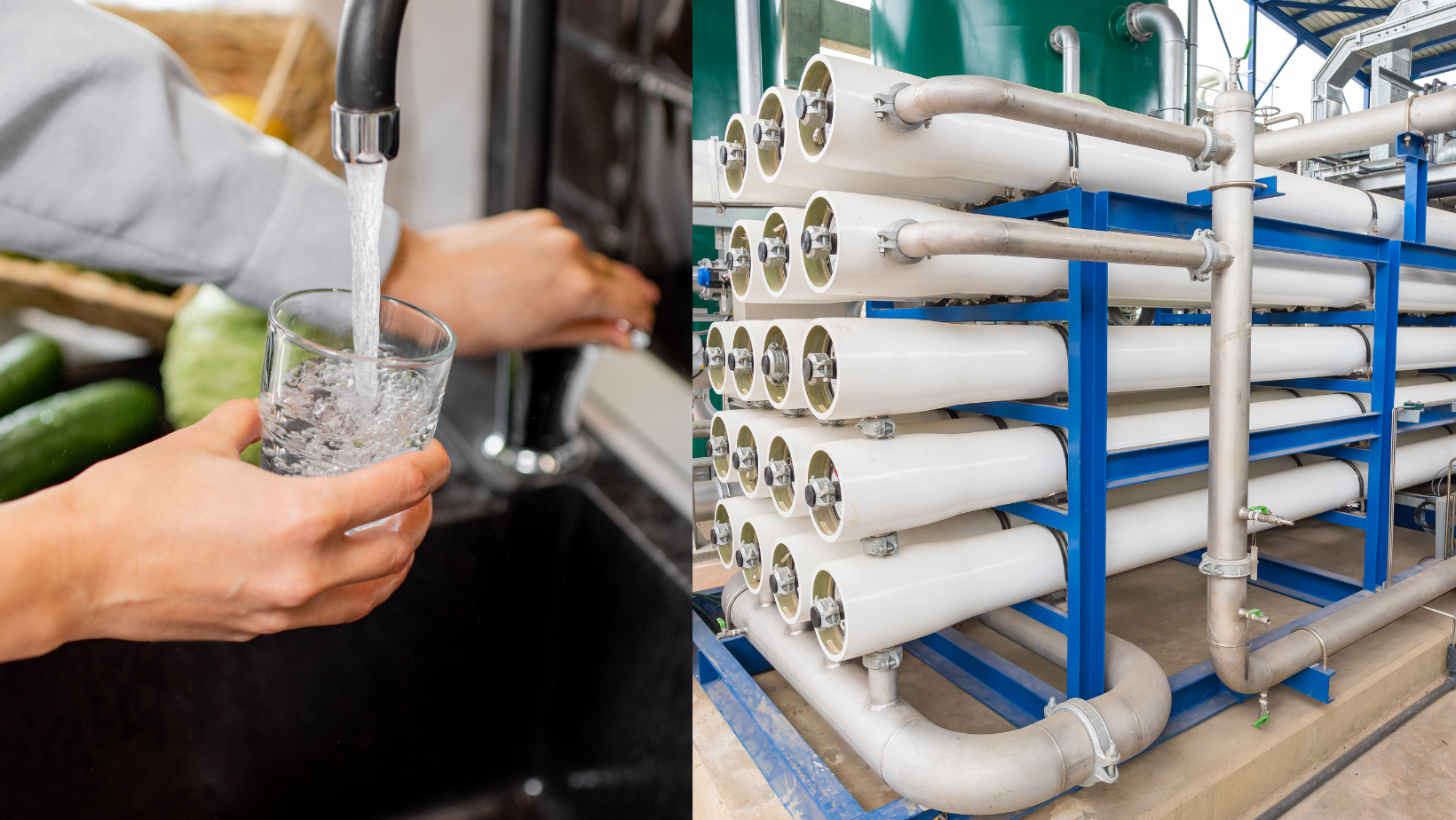
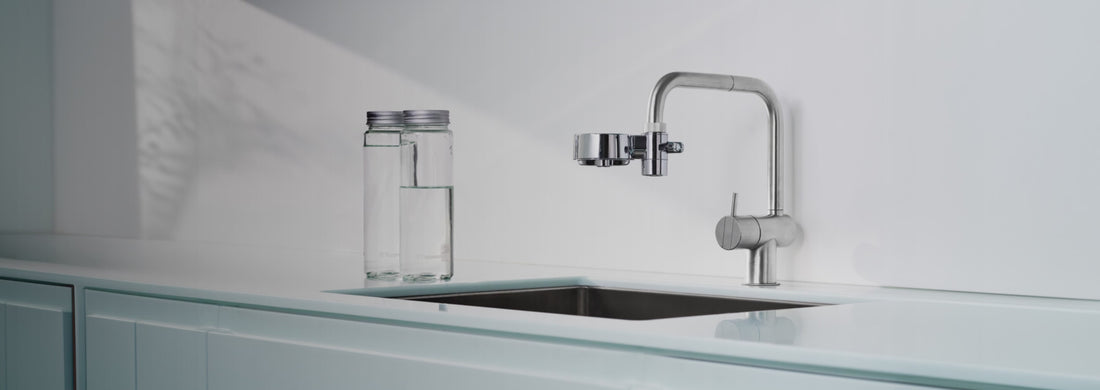

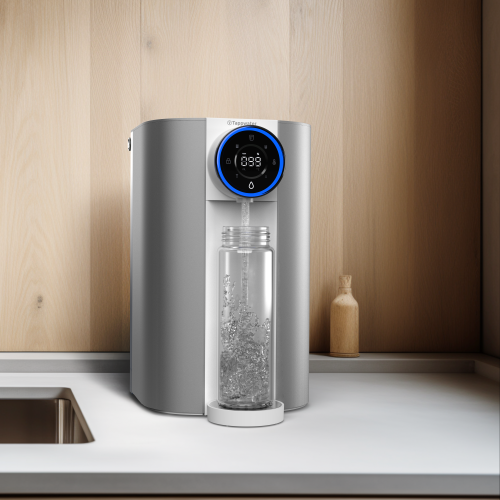
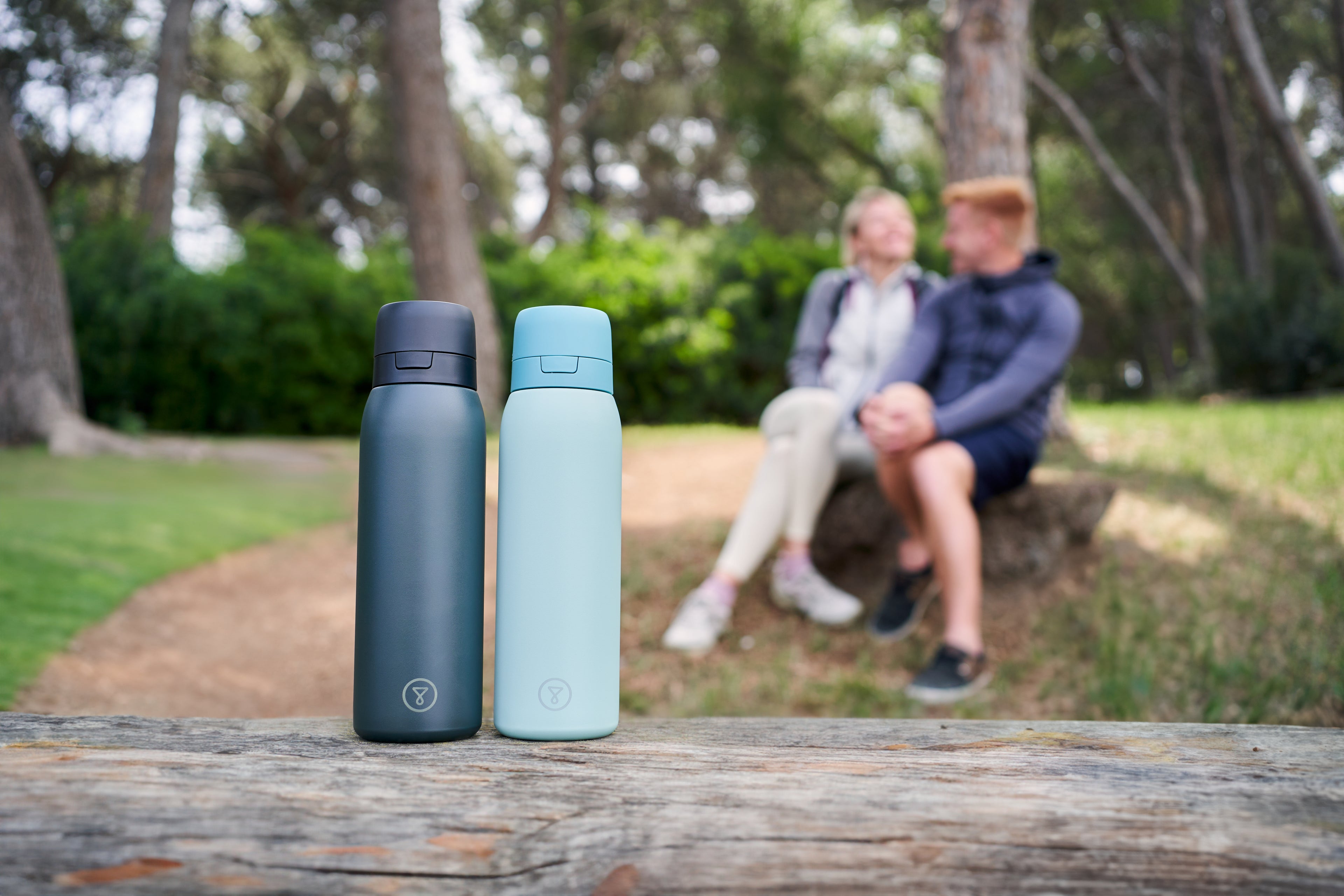
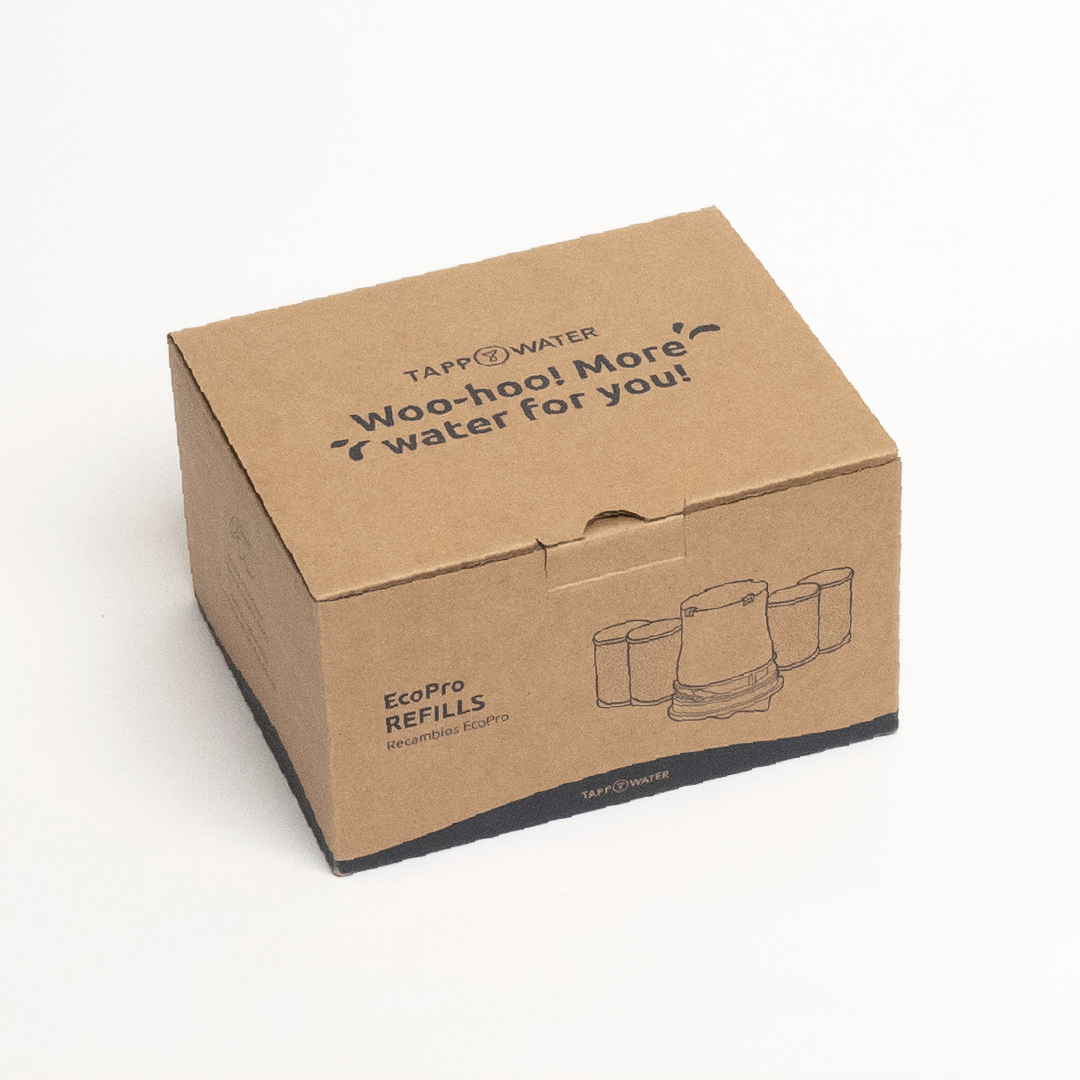
0 comments